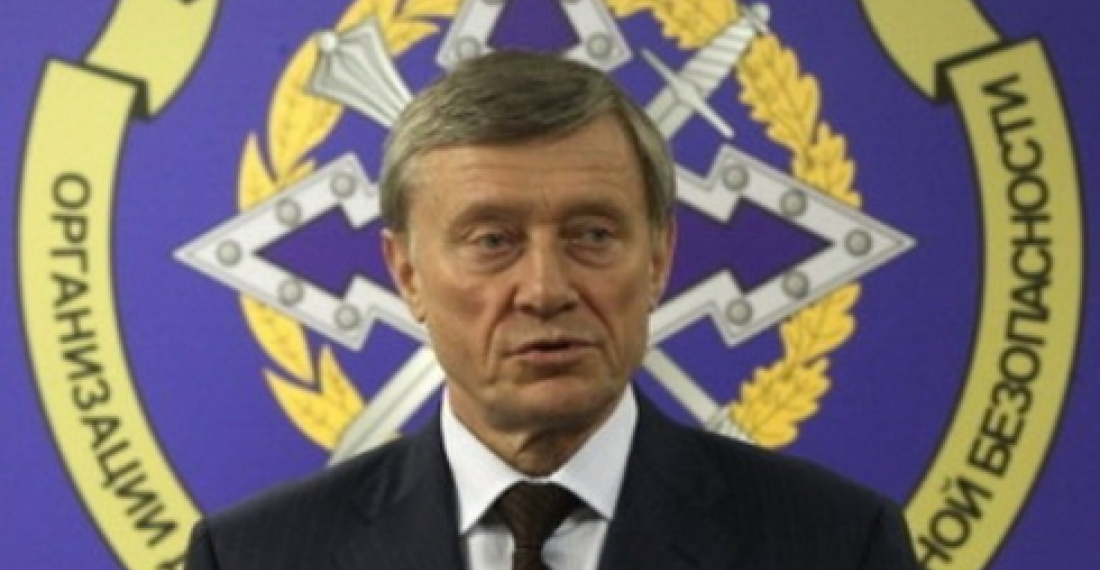Yerevan, November 16. ArmInfo.
"The Nagorno Karabakh conflict cannot be settled by force. We think that this serious problem can be resolved only by political methods," says Nikolay Bordyuzha, Secretary General of the Collective Security Treaty Organization, Interfax reports.
He said that military actions will not settle the conflict. "CSTO members have a big potential of conflict management. All themethods that may influence the situation from the political point of view are used. Second, the OSCE Minsk Group holds meetings with the presidents of Azerbaijan, Russia and Armenia," Bordyuzha said. He recalled that CSTO is not directly involved in the Karabakh peace process, but it follows the developments around the Karabakh conflict.
"Involvement of any other structures in the process at the given stage will not be productive and may even more complicate the issue, " he said.
Asked what will the CSTO members do in case of a war between Armenia and Azerbaijan, Bordyuzha said: "What if? We will speak of this when there is war."
The Nagorno-Karabakh conflict broke out on February 28 1988 in the Azerbaijani Sumgait with massacre of Armenians as a peculiar response of Azerbaijanis to the peaceful demand of the Nagorno-Karabakh autonomous Region, part of the Azerbaijani SSR, to unite with the Armenian SSR. This resulted in other pogroms of Armenians in Baku, Kirovabad and other regions of Azerbaijan populated with Armenians. In 1991 Azerbaijan unleashed war against peaceful populations of Nagorno-Karabakh, expulsing ethnic Armenians from the territory of Azerbaijan. Dozens of thousands of peaceful residents on both parties were killed in the military actions, and hundreds of thousands were left homeless and have become refugees. In 1994 in Bishkek in mediation of the OSCE MG, the NKR, Azerbaijan and Armenia signed a Protocol on Ceasefire that is observed more or less so far. Since 1992 the OSCE Minsk Group represented by co- chairs from Russia, U.S. and France has been mediating in resolution of the conflict unleashed by Azerbaijan in 1988. At present the peace process is based on the Madrid Principles suggested by the OSCE MG in 2007 in Madrid and renovated in 2009.
Nikolay Bordyuzha: Nagorno Karabakh conflict cannot be resolved by force
Nikolay Bordyuzha: Nagorno Karabakh conflict cannot be resolved by force







